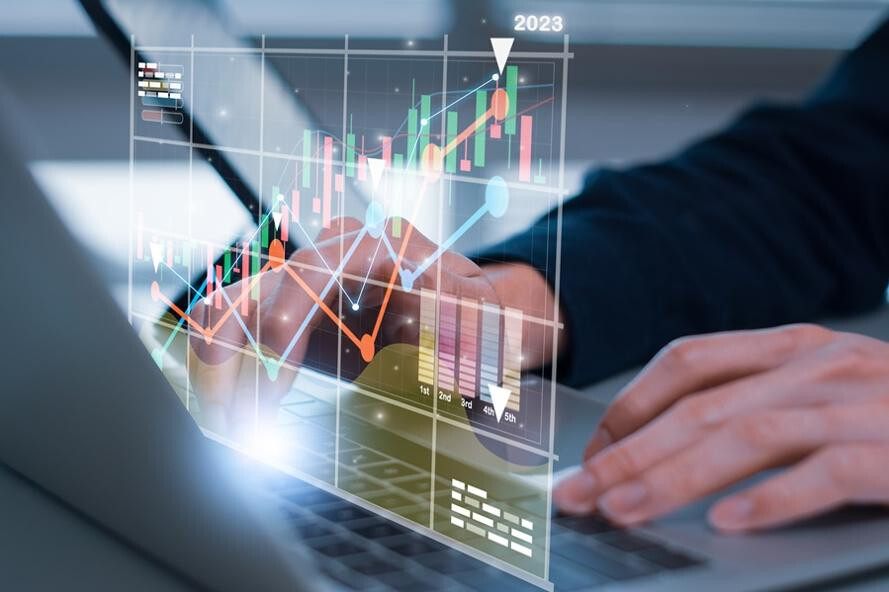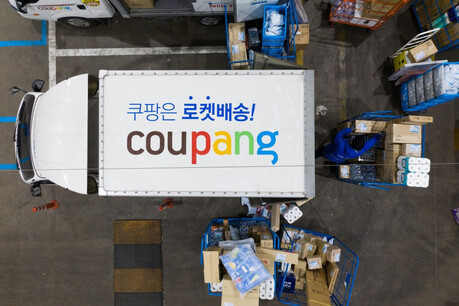
Seoul, South Korea – The global pharmaceutical and biotechnology mergers and acquisitions (M&A) market, which experienced a slight slowdown last year, is expected to rebound in 2025, driven by trends in China and artificial intelligence (AI), according to a recent analysis by EY.
According to EY, the number of global pharma and biotech M&A deals in 2024 was 131, with a total transaction value of $130 billion (approximately 188.59 trillion won). While the number of deals remained similar to the previous year (130), the transaction value decreased by about 41%.
“The decrease in large-scale deals was due to the impact of regulations from the U.S. Federal Trade Commission (FTC) and the Inflation Reduction Act (IRA),” said a representative from the Bioeconomy Research Center of the Korea Bio Association. "For large pharmaceutical companies, last year was a 'reset' year."
EY predicts that this year will be the "year of deal-making." Pharmaceutical and biotechnology companies are seeking new growth opportunities, including collaborations with Chinese companies and the emerging AI field.
In fact, global big pharma companies have been increasing their investments in China recently. At the end of last year, AstraZeneca acquired Chinese company Gracell Biotech for $1200 million (approximately 1.74 trillion won) to secure cell and gene therapy (CGT) technology. At the time, a senior AstraZeneca official explained that China is becoming a very important source of innovation for AstraZeneca.
“The M&A between AstraZeneca and Gracell Biotech is the first case of a global big pharma company fully acquiring a Chinese startup,” said a representative of the Korea Bio Association. “Research and development (R&D) is taking place outside of traditional regions (such as the U.S. and Europe).”
He added, "There is a growing trend of deals with Chinese companies involving various modalities such as next-generation radiopharmaceuticals and antibody-drug conjugates (ADCs). However, the U.S. Biological Security Act, which is currently being pursued by the U.S. government, is one of the challenges."
China has been actively nurturing its pharmaceutical and biotechnology industries for the past 15-20 years through government initiatives. This includes inviting overseas researchers to China and providing various tax benefits and subsidies to companies. In January last year, the U.S. Congress introduced the Biological Security Act with the aim of curbing China's growth. Although the bill failed to pass last year, there are analyses suggesting that it could be reintroduced this year.
AI is also one of the M&A areas that global pharmaceutical companies are eyeing. According to EY, the total transaction value of AI-related healthcare M&A deals over the past five years has exceeded $60 billion, with a consistent number of deals. The number of deals has been as follows: 41 in 2020, 54 in 2021, 77 in 2022, 55 in 2023, and 87 in 2024.
The largest deal to date was Recursion Pharmaceuticals' acquisition of Exscientia for $712 million in August last year. Christopher Gibson, CEO of Recursion Pharmaceuticals, stated at the JP Morgan Healthcare Conference, which began on January 13 (local time) in San Francisco, that they are using AI to challenge incurable diseases.
"The surge in AI partnerships and acquisitions over the past five years indicates the opportunities AI offers for life science companies," said a representative of the Korea Bio Association. "AI is significant in that it is being used not only in the discovery and development of new drug candidates but also throughout the entire value chain, including corporate operations and commercialization strategies."
[Copyright (c) Global Economic Times. All Rights Reserved.]






























